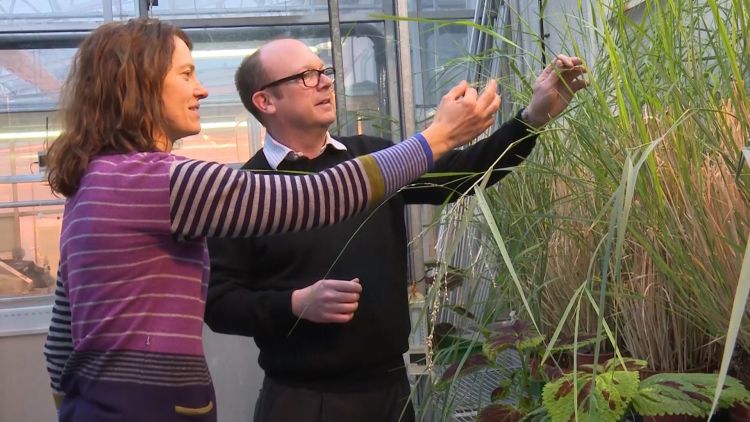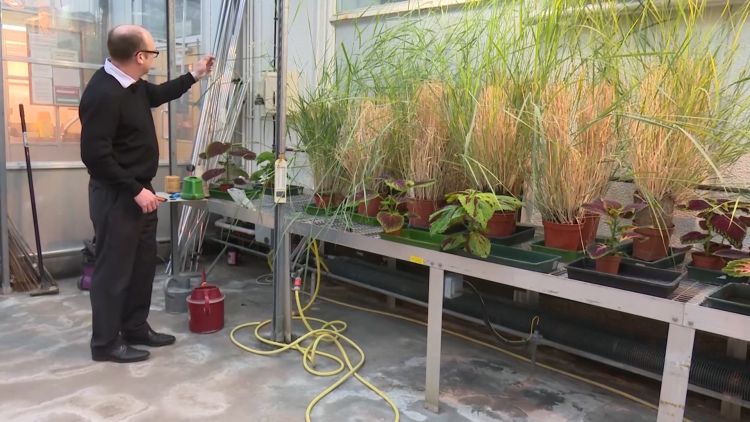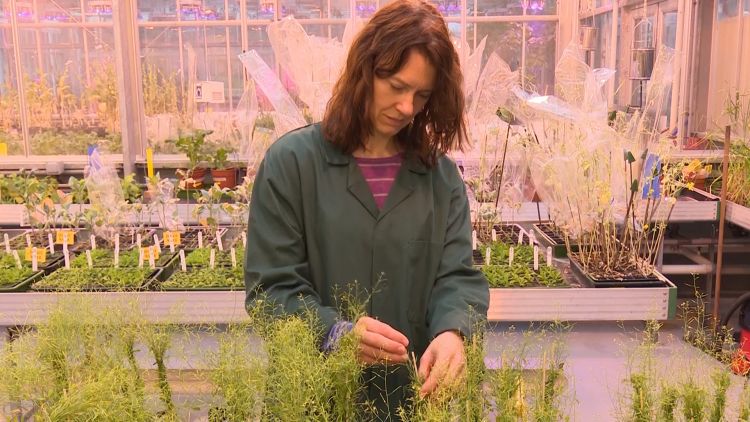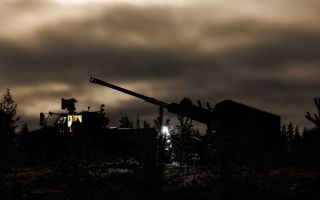Little Shop Of Mortars: Cabbages Could Thrive On TNT
Little does the humble fruit fly know, but it might be about to solve a problem of global significance.
Scientists at the University of York have discovered a gene in fruit flies, which, when placed in a type of cabbage, might help remove TNT from contaminated soil on military training areas.
The ordnance used during training is damaging to the environment.
In some parts of the world, people living close to ranges are no longer able to drink water from their taps because of the toxins left behind.
Elsewhere, ranges have had to be shut down due to the extent of the contamination.
But, the new research offers a possible solution to this global problem.
Two years ago, Professor Bruce and co-investigator Dr Riylott found that a gene in bacteria could be inserted into grasses and would help break down RDX, the chemical found in explosives.
Now, the hope is that splicing a certain gene from fruit flies into cabbages will enable the vegetable to not only break down toxins in the soil left behind by TNT, but to thrive on them.
That's because TNT utilises nitrogen, normally used in everyday fertilisers. Professor Bruce said:
"Instead of thinking about how to use fertilisers to make bombs, here we're using the bomb as a fertiliser. The plants are getting nitrogen, so they can grow much better on the explosives polluted soil than they can on pristine soil that's not contaminated."
Once the plants have been refined, researchers must then work out how to sow them in areas that are too dangerous to access, due to unexploded ordnance.
Suggestions so far have included seed balls stuck together with dung and dropped from helicopters, or firing rounds of plant seeds at the end of a training session.
If it helps decontaminate thousands of acres of land around the world, it will undoubtedly be worthwhile.











